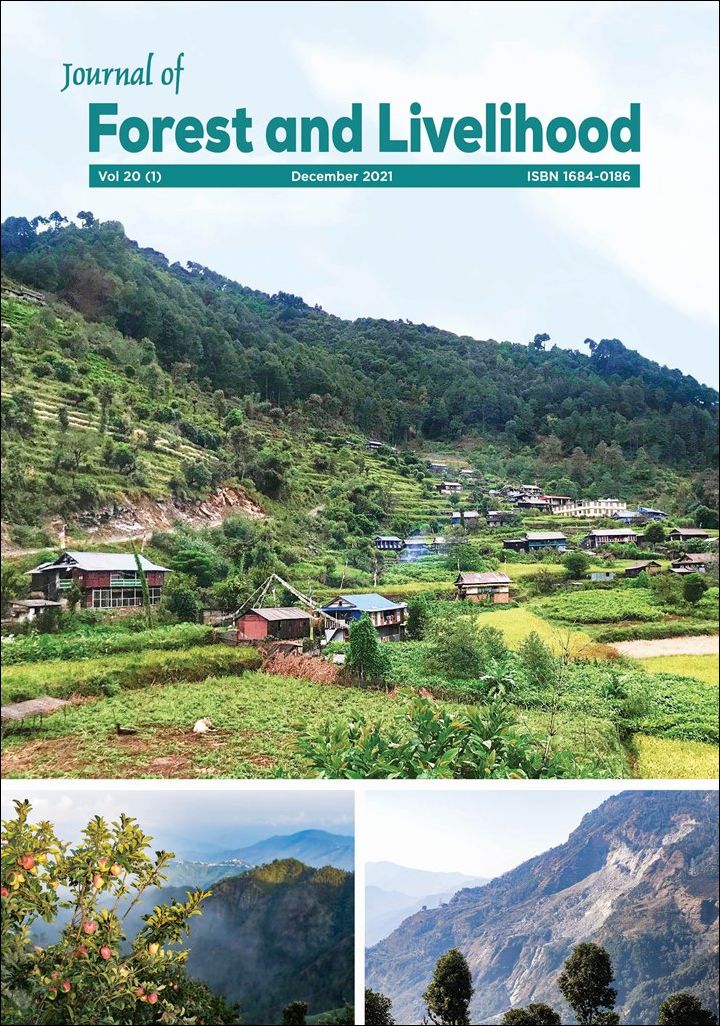Conflict-Sensitive Climate Change Adaptation in Nepal: An Analysis of Climate Resilience Policy Frameworks
DOI:
https://doi.org/10.3126/jfl.v20i1.59632Keywords:
Adaptation, climate change, conflict, peacebuilding, resilienceAbstract
Nepal is experiencing climate change and its impacts on the ground. The effects of climate change will exacerbate the vulnerability of people and communities to varying degrees. In some situations, it causes extreme disruption to cope with climate change impact and render livelihoods of vulnerable people. In countries like Nepal, climate change has exacerbated the social, economic, and political vulnerabilities. This study assesses the status of integration of resilience components of climate conflicts in Nepal’s policy
frameworks.. Furthermore, the study focuses on the conflict dynamics of climate change impact to observe the fragility risk. A review of the federal government’s policy framework and a semi-structured interview with the policy experts revealed that components of resilience are poorly integrated, especially peacebuilding. The policy instruments do not attribute climate change to social vulnerability and conflict dynamics. Failure to incorporate the conflict-sensitive approaches in the climate policy frameworks can lead to potential conflict or advance climate conflict instead of resilience. Many peacebuilding initiatives have been recognised in natural resource management practices however, it requires similar integration in climate change adaptation actions to enhance resilience across climate change to develop community cohesion and rebuilding trust in the government together. Finally, the study concludes that climate change policy frameworks should be taken as a peacebuilding strategy by addressing conflict risks associated with climate change through conflict-sensitive policy measures considering climate change as a risk multiplier.
Downloads
Downloads
Published
How to Cite
Issue
Section
License

This work is licensed under a Creative Commons Attribution-NonCommercial 4.0 International License.
CC-BY-NC: This license allows reusers to distribute, remix, adapt, and build upon the material in any medium or format for noncommercial purposes only, and only so long as attribution is given to the creator.





